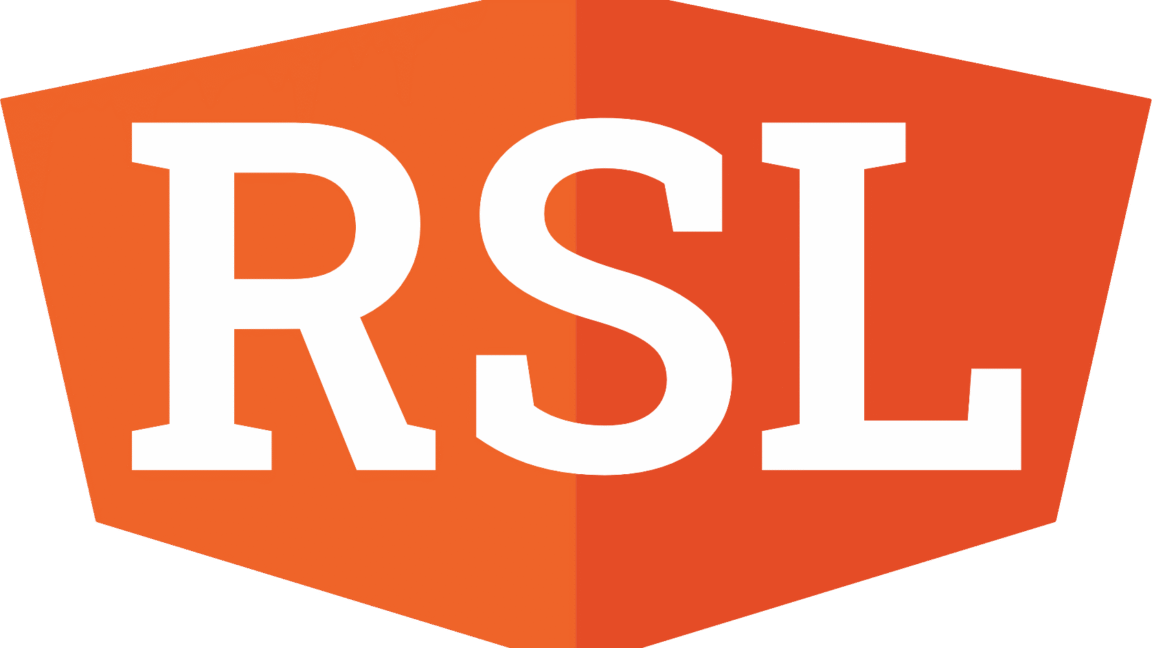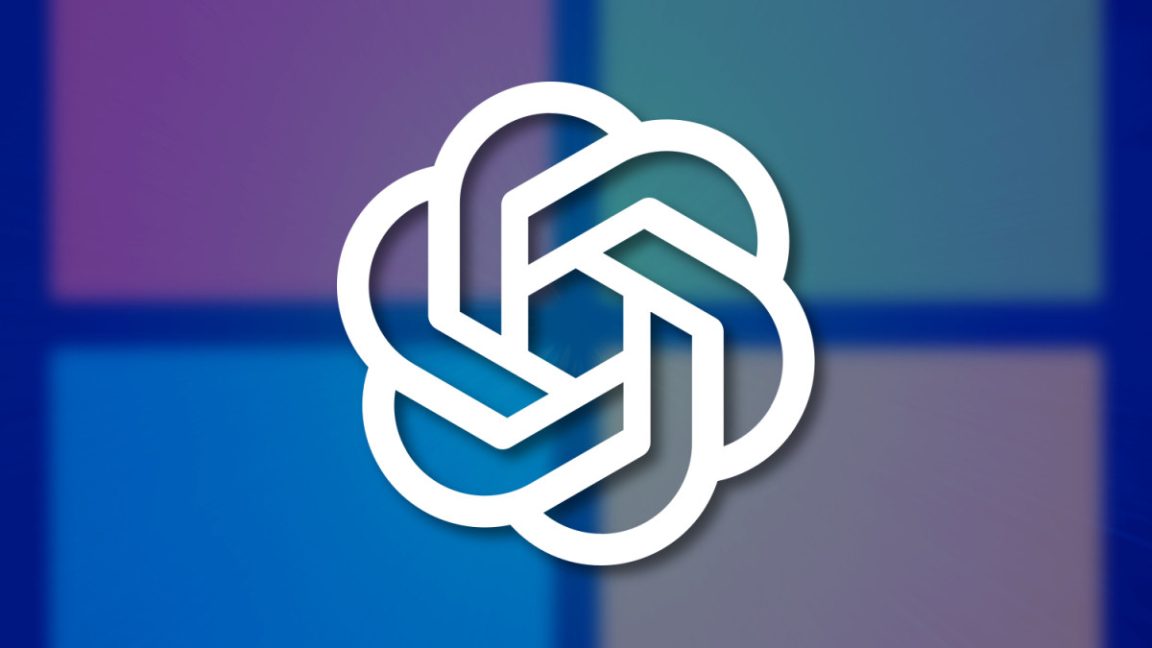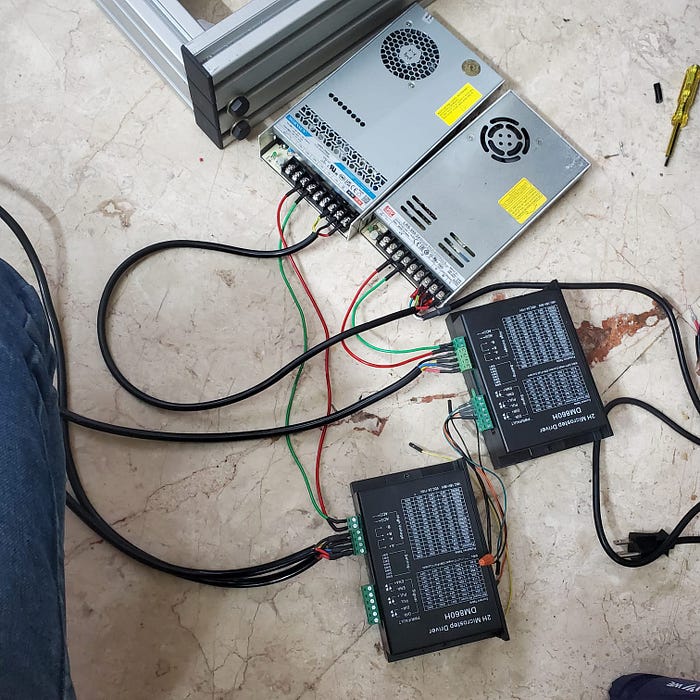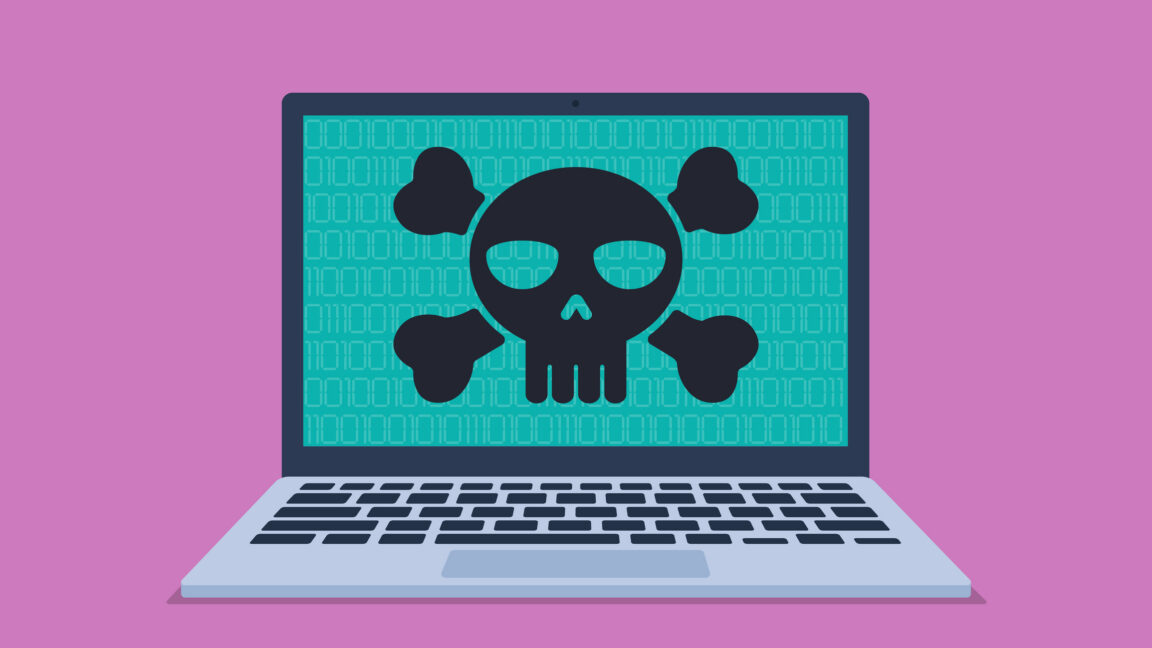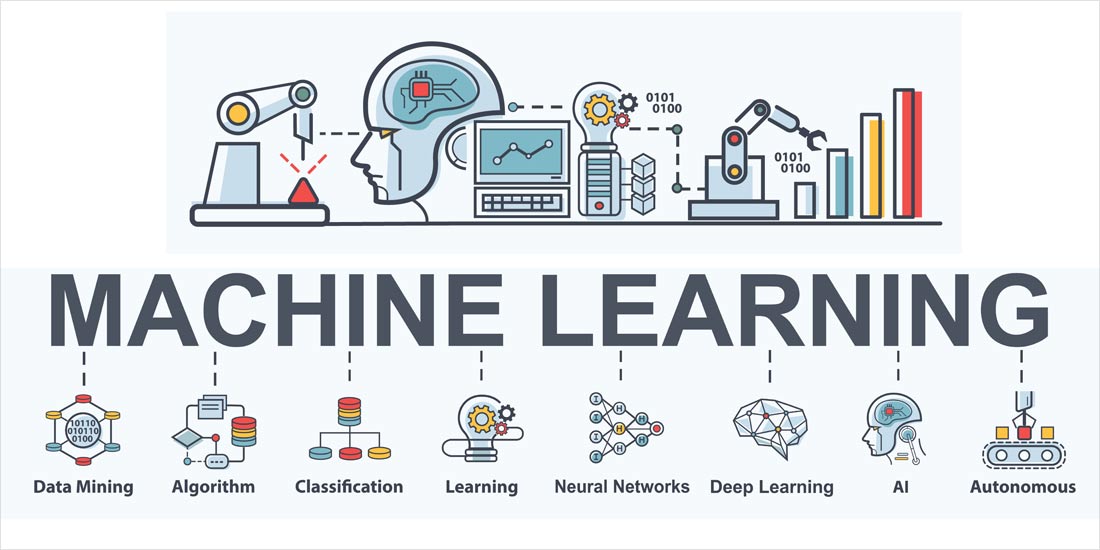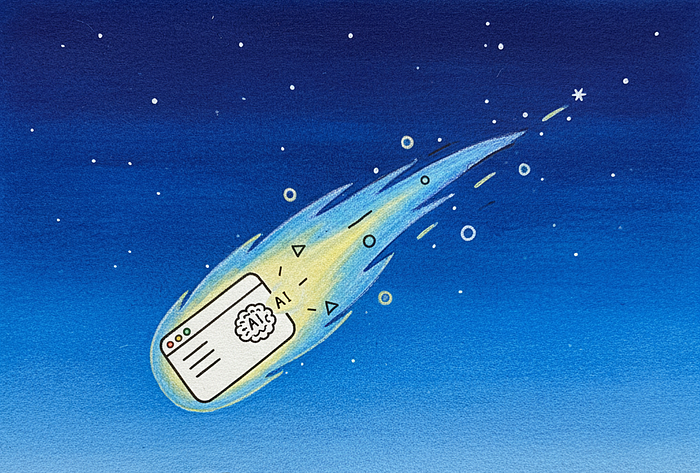Introduction to Really Simple Licensing
Leading Internet companies and publishers, including Reddit, Yahoo, Quora, Medium, The Daily Beast, Fastly, and more, are introducing a new standard to end AI crawlers from scraping content without permission or compensation. This new standard is called "Really Simple Licensing" (RSL) and it evolves robots.txt instructions by adding an automated licensing layer. The RSL standard is designed to block bots that don’t fairly compensate creators for content.
What is Really Simple Licensing?
The RSL standard is an open, decentralized protocol that makes clear to AI crawlers and agents the terms for licensing, usage, and compensation of any content used to train AI. It is free for any publisher to use and is based on the "Really Simple Syndication" (RSS) standard. RSL terms can be applied to protect any digital content, including webpages, books, videos, and datasets.
Key Features of RSL
The new standard supports a range of licensing, usage, and royalty models, including:
- Free: allowing AI crawlers to use content for free
- Attribution: requiring AI crawlers to give credit to the original creator
- Subscription: requiring AI crawlers to pay a subscription fee to use content
- Pay-per-crawl: publishers get compensated every time an AI application crawls their content
- Pay-per-inference: publishers get compensated every time an AI application uses their content to generate a response
Creation of RSL
The RSL standard was created by the RSL Collective, which was founded by Doug Leeds, former CEO of Ask.com, and Eckart Walther, a former Yahoo vice president of products and co-creator of the RSS standard. The idea to use the RSS "playbook" to roll out the RSL standard arose after Leeds invited Walther to speak to University of California, Berkeley students at the end of last year.
Impact of RSL
The introduction of RSL is expected to have a significant impact on the way AI crawlers interact with online content. By providing a clear and automated way for publishers to specify the terms of use for their content, RSL aims to prevent AI crawlers from scraping content without permission or compensation. This could help to ensure that creators are fairly compensated for their work and that the online ecosystem is more sustainable.
Conclusion
The Really Simple Licensing standard is a significant development in the fight against AI crawlers scraping content without permission or compensation. By providing a clear and automated way for publishers to specify the terms of use for their content, RSL aims to create a more sustainable online ecosystem. With the support of leading Internet companies and publishers, RSL has the potential to make a major impact on the way AI interacts with online content.
FAQs
- What is Really Simple Licensing?
Really Simple Licensing (RSL) is an open, decentralized protocol that makes clear to AI crawlers and agents the terms for licensing, usage, and compensation of any content used to train AI. - Who created RSL?
The RSL standard was created by the RSL Collective, which was founded by Doug Leeds, former CEO of Ask.com, and Eckart Walther, a former Yahoo vice president of products and co-creator of the RSS standard. - What types of licensing models does RSL support?
RSL supports a range of licensing, usage, and royalty models, including free, attribution, subscription, pay-per-crawl, and pay-per-inference. - Is RSL free to use?
Yes, RSL is free for any publisher to use. - What types of content can be protected with RSL?
RSL terms can be applied to protect any digital content, including webpages, books, videos, and datasets.


